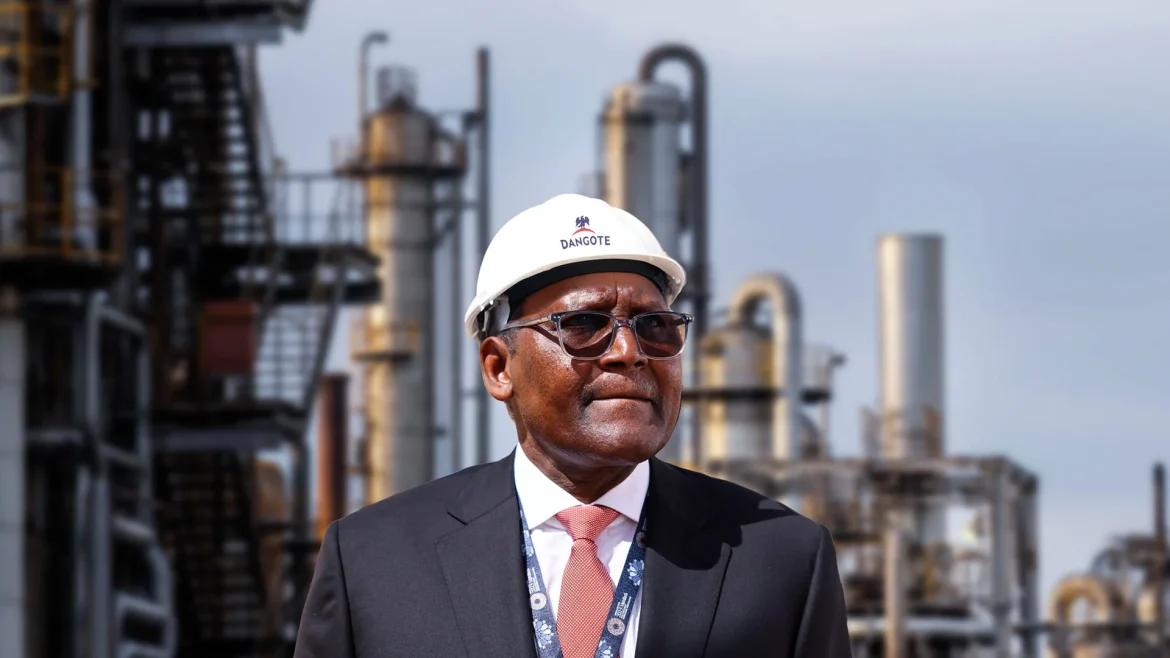Aliko Dangote, founder and chief executive of the Dangote Group has assured that the Dangote Petroleum Refinery is prepared to meet Nigeria’s entire fuel needs, with ample reserves of refined petroleum products readily available.
In a recent discussion with Zambia’s Energy Minister, Makozo Chikote, Dangote shared that the refinery has stocked over 500 million litres of refined fuel, with an estimated value exceeding N600 billion. The refinery’s production covers essential products like gasoline, diesel, and kerosene, all aimed at fulfilling the country’s fuel requirements.
“We’re fully capable of meeting Nigeria’s demand for petroleum products. The refinery produces sufficient quantities of fuel and other refined products,” Dangote stated.
Beyond Nigeria’s borders, Dangote highlighted the facility’s role in supporting Africa’s broader energy needs, in line with the vision of the African Continental Free Trade Area (AfCFTA). “We’re actively working to facilitate trade with other African nations to strengthen the AfCFTA agreement,” he said.
Minister Chikote, who led a delegation to explore energy partnerships, commended the refinery’s capabilities and potential benefits for Africa’s energy sector. He praised the private sector-driven approach to Zambia’s fuel distribution and expressed optimism about collaboration with Dangote’s refinery.
“The private sector in Zambia currently handles all petroleum supply, and the Dangote Refinery offers a promising solution to our growing energy demands. This will enhance competition, leading to better-quality and more affordable products,” Chikote noted.
The Zambian delegation toured the refinery’s impressive facilities, including its Single Point Mooring and Dangote Jetty, along with Africa’s largest fertiliser plant and the world’s largest single-train refinery, capable of processing 650,000 barrels of crude oil per day.
Chikote concluded, “This visit has highlighted Dangote’s role in empowering Africa to become self-reliant in energy production and trade. It’s a lesson in building sustainable and competitive industries for the future.”




